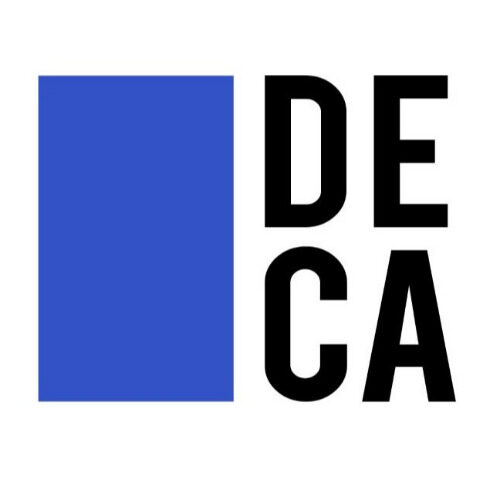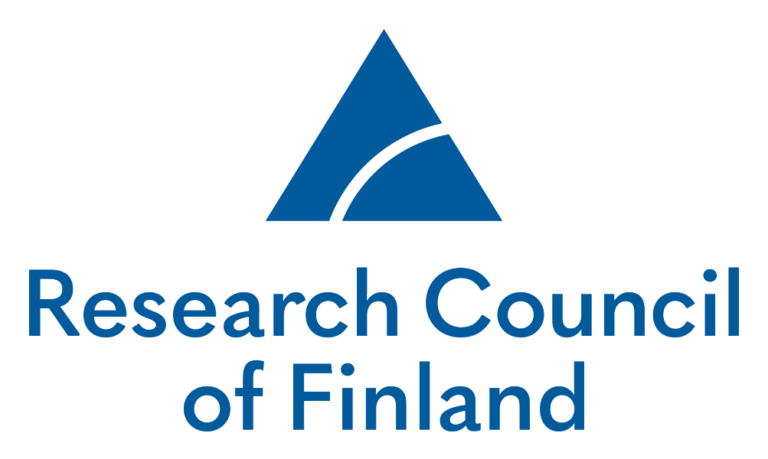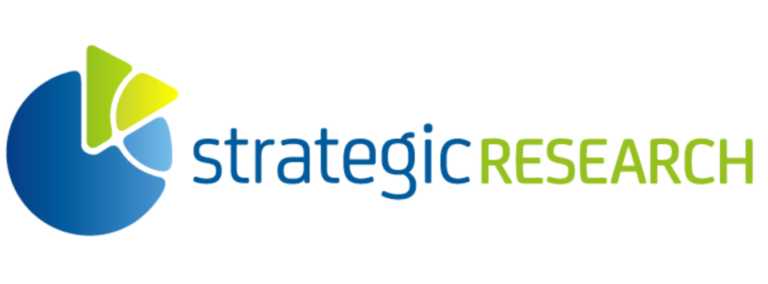
The democratic epistemic capacities in the age of algorithms
Funders


The project is funded by the Strategic Research Council (SRC) established within the Academy of Finland.
Leaders
The project Democratic epistemic capacity in the age of algorithms (DECA) investigates the political, social, psychological and technological mechanisms that develop and hinder epistemic capacity in different contexts and at different levels of Finnish society, from the everyday experiences of laypeople to institutional professional practices and the crafting of laws and regulations. The project updates existing empirical tools to conceptualise epistemically healthy democracy as a way of producing trust, security, and equality. DECA promotes access to reliable knowledge, the right to be recognised and represented and the ability to participate in knowledge production. It facilitates an understanding of how existing social inequalities intersect with epistemic capabilities, and promotes policy innovations, educational reforms, and new media ethics frameworks for safeguarding society’s epistemic capacity in the age of algorithms.
The DECA consortium is formed by University of Helsinki, Aalto University, Tampere University, University of Eastern Finland and Finnish Youth Research Society. Research at the University of Eastern Finland focuses on the role of multilinguality, translation and translation technology in accessing and producing information.
Leaders
Senior Researchers
-

Nina Havumetsä
University LecturerSchool of Humanities, Philosophical Faculty -
Mary Nurminen
Visiting ResearcherSchool of Humanities, Philosophical Faculty
Doctoral Researchers
Supporting Staff
Publications
10 items-
(Kone)kääntäminen Ylessä ja muunkielisten episteemiset oikeudet
Havumetsä, Nina; Nurminen, Mary, 2025, Mikael : Kääntämisen ja tulkkauksen tutkimuksen aikakauslehti, 18, 1, 7-22. A1 Journal article (refereed), original research -
Automaattisten käännössovellusten käyttö Suomen julkishallinnossa: Raportti kyselytutkimuksesta
Koponen, Maarit; Nurminen, Mary; İlkılıç, Sıla, 2025, Itä-Suomen yliopisto. D4 Published development or research report or study -
Innovaatiota ja tutkimusyhteistyötä avoimesti edistävä julkisen palvelun media vahvistaa hyvinvointivaltiota
Ylikoski, Matleena; Koponen, Maarit; Horowitz, Minna; Neuvonen, Riku, 2025, Ampuja, Marko, Yle myllerryksessä: Kamppailu julkisen palvelun mediasta Suomessa, 120-140. D2 Article in a professional book (incl. an introduction by the editor) -
Tiedon saavutettavuus ja käännösteknologian rooli monikielistyvässä yhteiskunnassa
Koponen, Maarit; Lång, Juha, 14.01.2025, Hugi - humanistisen osaston blogi. E1 Popularised article, newspaper article -
Increasing translation awareness: A course designed for PhD researchers
Riionheimo, Helka; Lång, Juha; Suokas, Juho; Vottonen, Erja; Penttilä, Esa, 2024, Mikael : Kääntämisen ja tulkkauksen tutkimuksen aikakauslehti, 17, 1, 122-137. A1 Journal article (refereed), original research -
Kääntäjät ja kääntimet monikielisessä yhteiskunnassa
Koponen, Maarit, 2024, Mikael : Kääntämisen ja tulkkauksen tutkimuksen aikakauslehti, 17, 2, 291-295. B1 Non-refereed journal articles -
Risk Management for Content Delivery via Raw Machine Translation
Koponen, Maarit; Nurminen, Mary, 2024, Winters, Marion; Deane-Cox, Sharon; Böser, Ursula, Translation, Interpreting and Technological Change: Innovations in Research, Practice and Training, 111-135. A3 Book section, Chapters in research books -
Vaahtokarkki muuttuu makkaraksi - väärin käännetty vai luovasti oivallettu?
Koponen, Maarit, 2024, Tieteessä tapahtuu, 42, 5, 23-26. E1 Popularised article, newspaper article -
DECA: Democratic epistemic capacities in the age of algorithms
Koponen, Maarit; Nurminen, Mary; Havumetsä, Nina; Lång, Juha, 2023, Nurminen, Mary; Brenner, Judith; Koponen, Maarit; Latomaa, Sirkku; Mikhailov, Mikhail; Schierl, Frederike; Ranasinghe, Tharindu; Vanmassenhove, Eva; Alvarez-Vidal, Sergi; Aranberri, Nora; Nunziatini, Mara; Parra Escartín, Carla; Forcada, Mikel; Popović, Maja; Scarton, Carolina; Moniz, Helena, Proceedings of the 24th Annual Conference of the European Association for Machine Translation, 509–510. B3 Non-refereed conference proceedings -
Exploring the gaps in linguistic accessibility of media: The potential of automated subtitling as a solution
Tuominen, Tiina; Koponen, Maarit; Vitikainen, Kaisa; Sulubacak, Umut; Tiedemann, Jörg, 2023, Journal of specialized translation, 39, 77-98. A1 Journal article (refereed), original research

